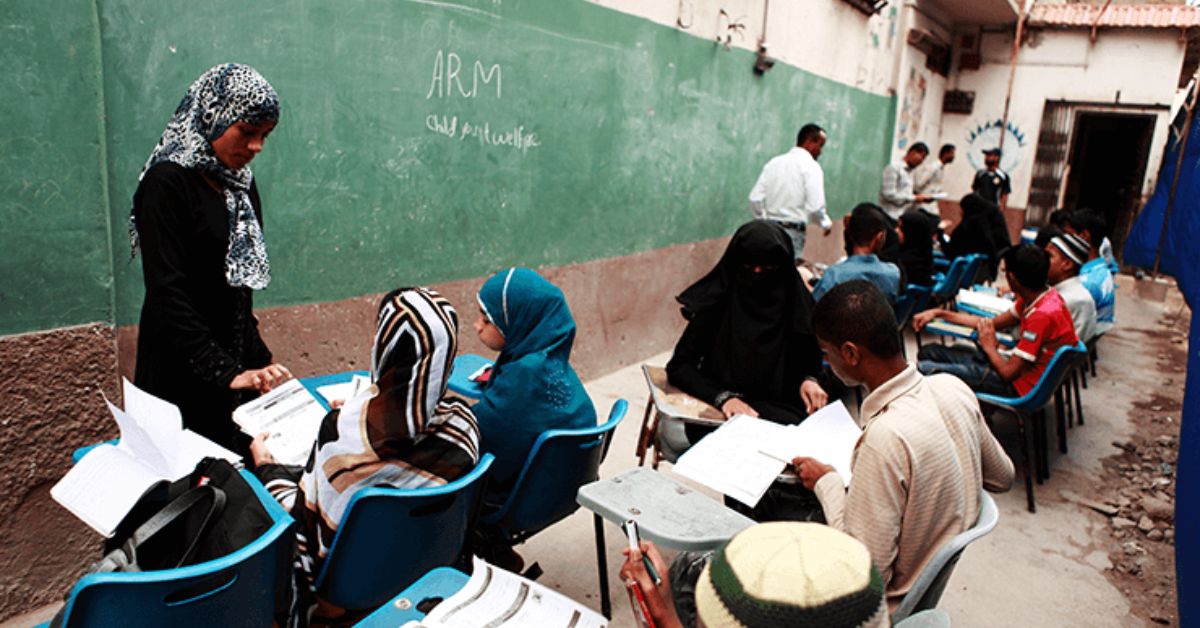PhD Crisis in Pakistan: Funding Cuts and Stagnant Research Halt Scholar Growth – 2024
The pursuit of a PhD in Pakistan, once seen as a stepping stone to academic excellence and career growth, is now under severe threat. Due to funding shortages and halted research programs, the number of PhD scholars has stagnated, leading to concerns about the future of higher education in the country.
The Financial Strain of Pursuing a PhD
The cost of pursuing a PhD in Pakistan’s public universities has risen dramatically, reaching Rs500,000 to Rs1 million or even higher. This surge in fees, combined with the government’s failure to increase funding for universities, has placed an overwhelming burden on students. According to the Pakistan Economic Survey 2023/24, the number of PhD students has remained stagnant at around 3,000 over the past three years, with a slight decrease recorded in 2022/23.
Also Read: Pakistan’s First Autism School to be Built in Lahore: A New Dawn for Autism Care
The Higher Education Crisis
Public universities have been especially hard hit, with tuition fees rising at both undergraduate and postgraduate levels. The Higher Education Commission (HEC) of Pakistan’s funding has remained static at Rs65 billion over the past six years, even though it requires Rs125 billion annually to meet the rising costs. As universities struggle to cover expenses, students are left bearing the brunt of tuition fee hikes.
The lack of government support is apparent across the country’s higher education system. Despite having 263 universities—154 public and 109 private—the PhD pipeline has slowed to a trickle. The absence of indigenous PhD fellowship programs, which once funded students’ expenses, means that new students are left to shoulder the full cost of their education.
Also Read: TME Recognized as Brand of the Year 2024 for Fastest Growing School System
Quality of Education vs. Brain Drain
The stagnation in PhD enrolments is compounded by the mass exodus of students seeking education abroad. Dissatisfied with the quality of local education and the limited job prospects, many young Pakistanis are pursuing opportunities in countries like the US, UK, Germany, and Canada. This brain drain is a significant concern, as highly educated individuals who leave Pakistan often contribute to the growth of other nations instead of their homeland.
Dr. Muhammad Shabbir Sarwar, Associate Professor at Punjab University, points out that many of Pakistan’s brightest minds do not return after completing their education abroad. The country not only loses intellectual talent but also suffers from capital flight, as students often sell family assets to finance their education overseas.
Also Read: TME Recognized as Brand of the Year 2024 for Fastest Growing School System
The Way Forward: Reviving Research and Retaining Talent
If Pakistan is to revive its higher education sector, it needs urgent government intervention. Increased funding, restoration of research programs, and support for PhD students are critical steps toward reversing this alarming trend. The country must also focus on improving its university rankings and creating job opportunities to retain the talent it currently loses to foreign institutions.
Without these changes, Pakistan’s academic future remains uncertain, and the dream of a thriving PhD community may remain out of reach for thousands of aspiring scholars.
